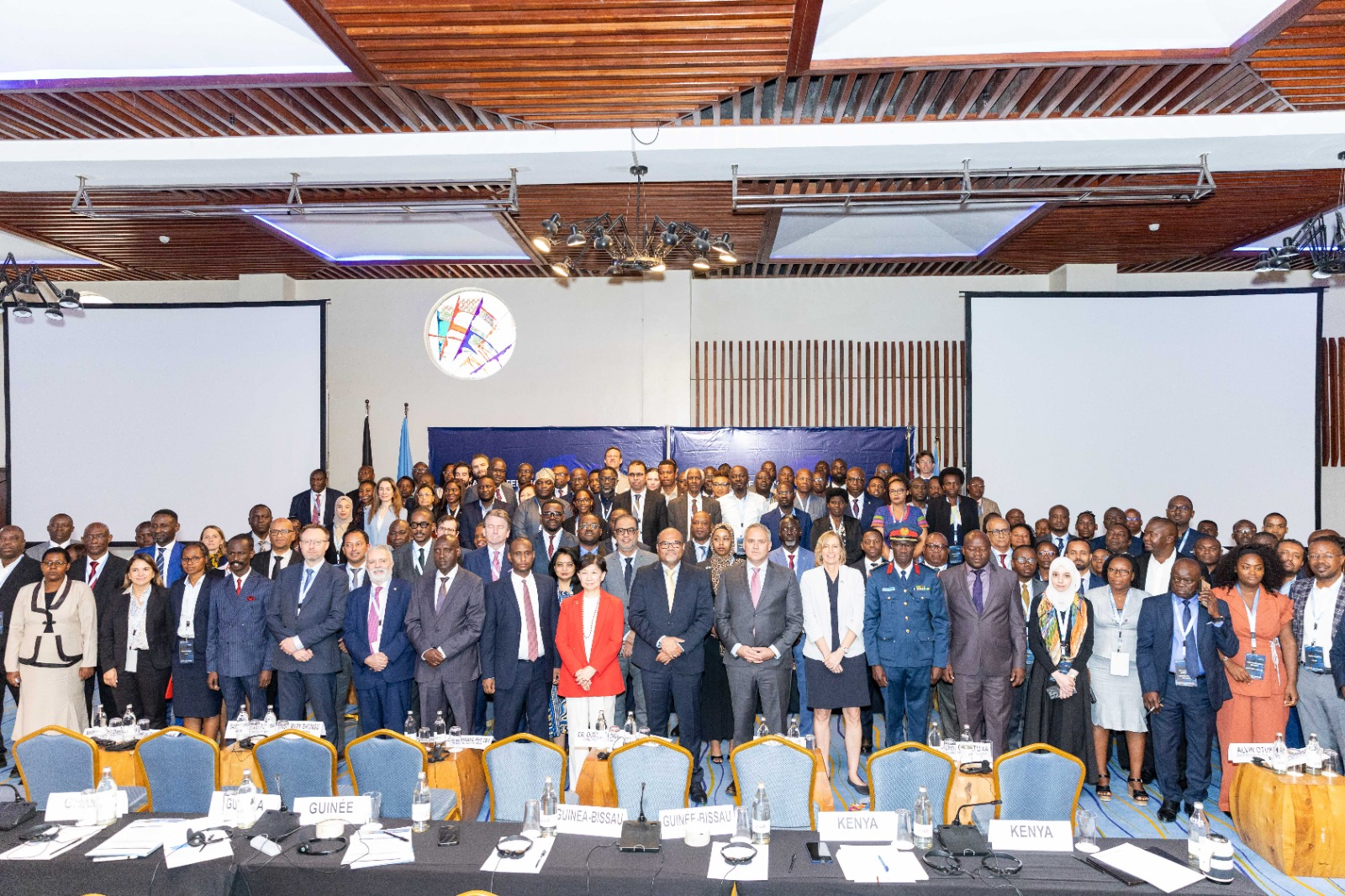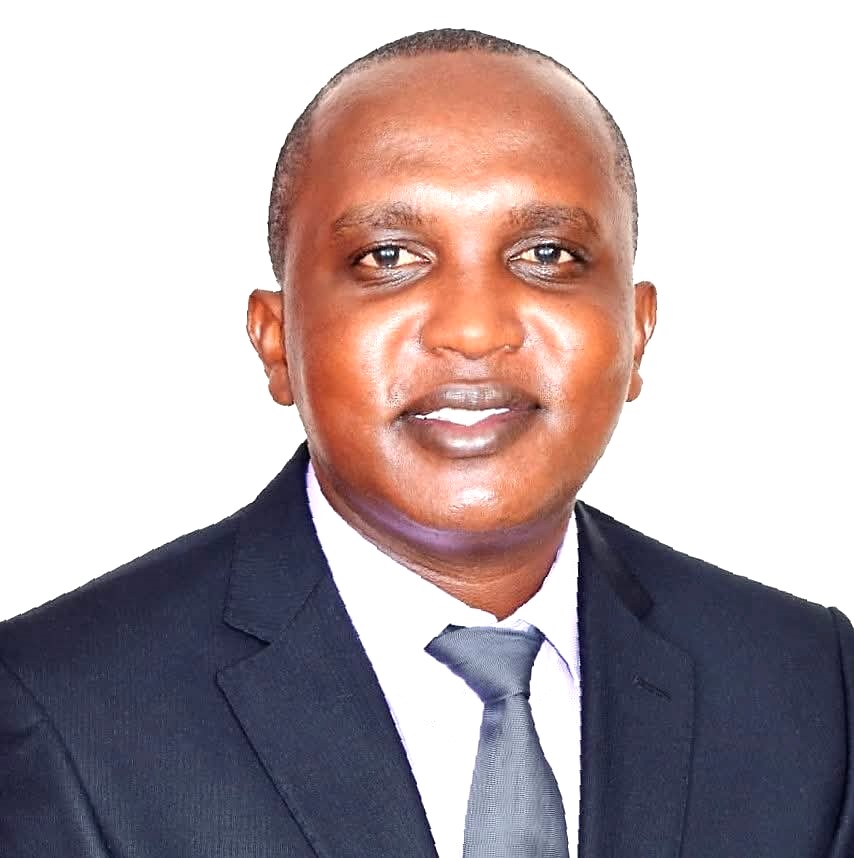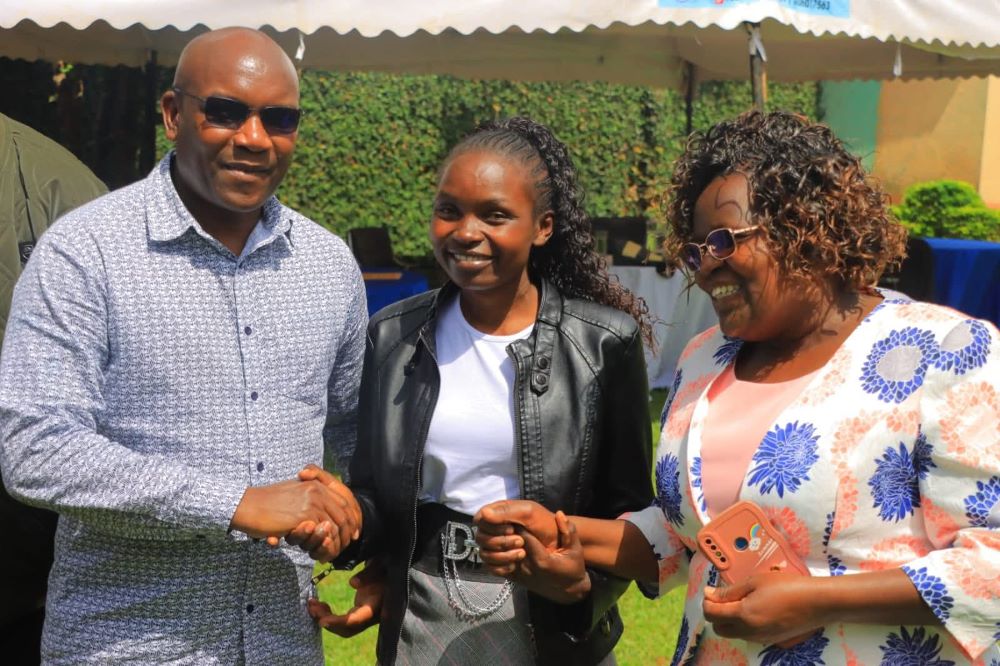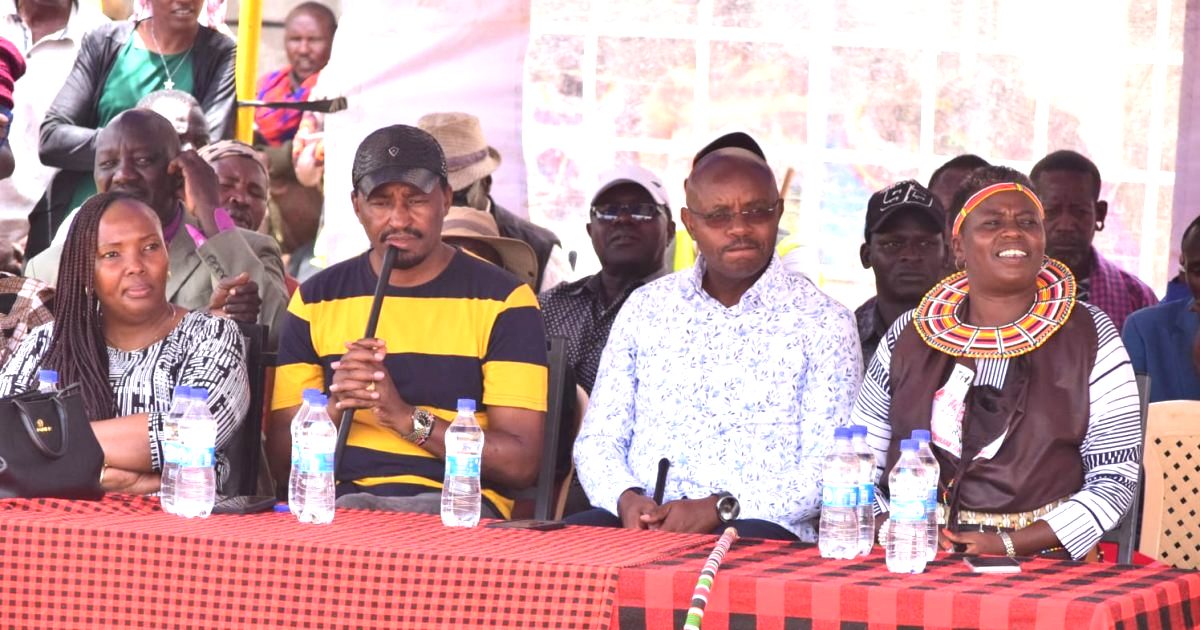The African Region Conference on the Universalization and Effective Implementation of the Biological Weapons Convention (BWC) has commenced in Nairobi with an aim of strengthening Biosafety, biosecurity, and biological disarmament across the continent.
This conference is the first of its kind to be held in the African continent. Delegates from 49 African countries are in attendance.
The forum, sponsored by the United Nations Office for Disarmament (UNODA), has brought together ambassadors, senior government officials, BWC focal points, scientists, and international partners.
The conference confirms Africa’s growing commitment in global biosecurity and disarmament efforts.
The official opening was led by Prof. Shaukat Abdulrazak, Principal Secretary, State Department for Science, Research and Innovation (SRI), who delivered the Government of Kenya’s opening remarks on behalf of Prime Cabinet Secretary and CS for Foreign and Diaspora Affairs Musalia Mudavadi.
Prof Shaukat highlighted and affirmed Kenya’s commitment to the objectives of the Biological Weapons Convention.
As the National BWC Focal Point, the National Commission for Science, Technology and Innovation (NACOSTI) played a central role in hosting and coordinating the conference.
The Acting Director General of NACOSTI, Dr. David Ngigi, reaffirmed Kenya’s commitment to strengthening the implementation of the Convention in their respective states.
ALSO READ:
Kiambu teachers sound alarm over Grade 10 transition preparedness, say schools ill equipped
The opening ceremony featured high-level remarks from Izumi Nakamitsu, the United Nations Under-Secretary-General and High Representative for Disarmament Affairs, Joshua Tabah, the High Commissioner of Canada to Kenya, as well as representatives from the United States, the United Kingdom, Brazil and Italy.
In her keynote address, Izumi Nakamitsu highlighted lessons from the COVID-19 pandemic. She noted that the crisis exposed weaknesses in global health and security systems and stressed the need for stronger biosafety and biosecurity measures.
She commended Africa’s progress in national legislation, the establishment of focal points, improved reporting through Confidence-Building Measures (CBM), and increasing regional coordination.
The UK Ministry of Defence through Lord Coaker, reaffirmed its long-standing support for the BWC, highlighting strengthened African networks through joint programs and ongoing engagement.
It expressed its commitment to BWC universalization and implementation.
Prof Shaukat highlighted key national achievements such as the Biosecurity Bill, the Strategic Goods Control Bill, strengthened laboratory Biosafety and biosecurity systems, the CBRN Preparedness and Response Action Plan, and the launch of Africa’s first university degree programme in Biosafety and Biosecurity at Masinde Muliro University of Science and Technology.
He emphasized the importance of science diplomacy, regional cooperation, innovation and investment in capacity development.
Participants at the forum are expected to engage in technical exchanges, regional consultations and forward-looking discussions aimed at identifying challenges, sharing best practices and strengthening Africa’s collective contribution to global biosecurity.
“The message from the opening session is clear. Africa is advancing with unity, expertise and strong partnerships to safeguard the continent and contribute to global peace and biological security,” Prof Shaukat said.
By Kamau Njoroge
You can also follow our social media pages on Twitter: Education News KE and Facebook: Education News Newspaper for timely updates.
>>> Click here to stay up-to-date with trending regional stories
>>> Click here to read more informed opinions on the country’s education landscape






